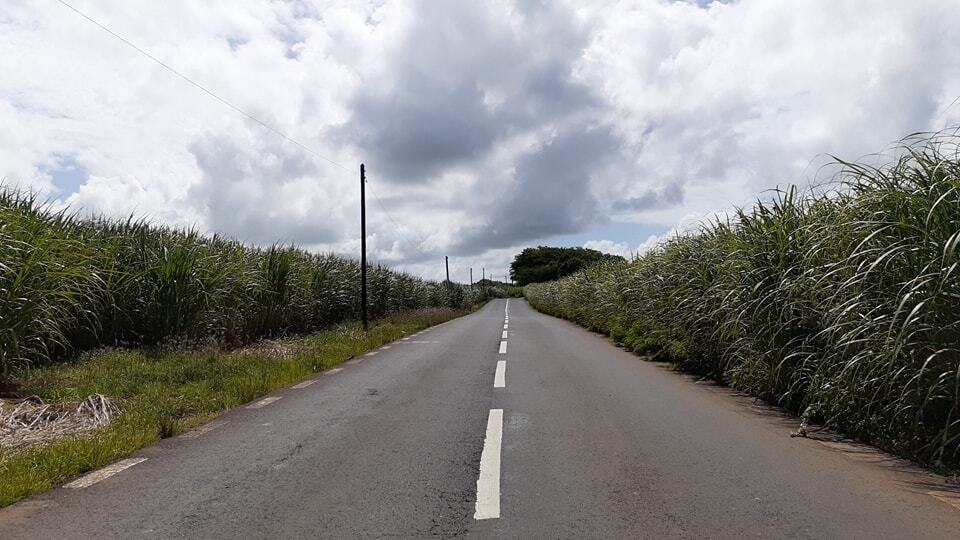Prices in Mauritius: current overview
The Prices in Mauritius have surged again, causing significant concern among households and businesses alike. Essential goods, particularly food items and daily necessities, have experienced noticeable price increases over the past few months. Families are feeling the pressure on their monthly budgets as they try to accommodate the rising costs, which directly impacts their standard of living. The situation has prompted discussions among economic experts, retailers, and consumer rights organizations about the sustainability of current pricing trends and the underlying factors driving inflation.
Government agencies are monitoring the Prices in Mauritius closely to assess the impact on vulnerable populations. The increase is attributed to multiple factors, including global supply chain disruptions, rising fuel costs, and fluctuations in import prices. Retailers are also adjusting their pricing strategies to manage operational costs, but this often results in higher prices for consumers. The public reaction has been one of concern, with social media discussions highlighting the financial strain on ordinary citizens and calling for effective policy measures to mitigate the burden.
Economic analysts warn that if the Prices in Mauritius continue to rise unchecked, it could have long-term consequences for household savings and disposable income. The government is expected to explore measures such as subsidies, tax adjustments, or price control mechanisms to stabilize the market. Meanwhile, families are adapting by prioritizing essential purchases and seeking alternatives to manage the increased expenses effectively.
Prices in Mauritius: underlying economic factors
Several economic factors contribute to the rising Prices in Mauritius. Global inflation, supply chain delays, and higher fuel costs have led to an overall increase in production and transportation expenses. Import-dependent sectors, particularly food and consumer goods, are the most affected. Small and medium-sized enterprises are struggling to balance operational costs with competitive pricing, often passing a portion of the increased expenses onto consumers.
The fluctuation in Prices in Mauritius also reflects currency exchange variations and external trade pressures. Mauritian retailers are forced to respond to global market conditions, which can lead to sudden price adjustments. Consumer advocacy groups emphasize the need for transparent pricing and better communication from suppliers and retailers. The government is urged to implement policies that protect citizens from rapid inflation while ensuring that businesses remain viable in a challenging economic environment.
Monitoring trends in Prices in Mauritius helps policymakers and economists develop predictive models for inflation and cost-of-living adjustments. Such data-driven insights are essential for creating strategies that minimize the negative impact on households, particularly those with lower income levels. Awareness campaigns and financial literacy programs are being promoted to educate citizens on managing expenses during periods of rising costs effectively.
Prices in Mauritius: social impact on citizens
The rising Prices in Mauritius have a direct social impact on citizens across the island. Families are forced to adjust their spending habits, cutting back on non-essential items and prioritizing basic needs such as food, utilities, and healthcare. Community organizations are observing an increased demand for support services, including food banks and subsidies, highlighting the tangible effect of inflation on daily life. Citizens express concerns about financial stability and the difficulty of planning long-term expenses amid constant price fluctuations.
Retailers and service providers are also affected by the social implications of the Prices in Mauritius. Consumer behavior changes, with a preference for lower-cost alternatives or bulk purchases to manage household budgets. Public discourse increasingly centers around affordability, transparency, and government interventions to control essential goods’ prices. Educational campaigns on budgeting and cost management are becoming crucial tools for citizens to navigate economic pressures.
In conclusion, the Prices in Mauritius continue to be a central topic of concern for citizens, businesses, and policymakers alike. Understanding the interplay of economic, social, and global factors is essential for developing effective strategies to protect households and maintain economic stability. Ongoing monitoring and responsive policy measures are critical to ensuring that the impact of rising prices is mitigated for all segments of the population.
Prices in Mauritius: government response and interventions
The government’s response to rising Prices in Mauritius has focused on mitigating the impact on vulnerable households. Authorities are implementing subsidies on essential goods, adjusting tax policies, and monitoring retail prices to prevent exploitative practices. Coordination with consumer protection agencies ensures that price hikes do not disproportionately affect low-income families. Public statements emphasize transparency and accountability in monitoring price trends, aiming to reassure citizens that measures are being taken to stabilize the cost of living.
Economic experts also highlight that the Prices in Mauritius issue requires a multi-pronged approach, involving both short-term relief measures and long-term policy reforms. Investments in local production, supply chain optimization, and incentives for sustainable agriculture are considered necessary to reduce dependence on imports and curb inflation. Educational campaigns inform citizens on budgeting, cost-saving strategies, and responsible consumption habits, empowering them to cope with rising costs more effectively.
For more updates on price trends and government measures in Mauritius, visit: Citizen Feedback Mauritius.
Prices in Mauritius: business and community impact
The impact of Prices in Mauritius extends to businesses and communities across the island. Retailers face higher operational costs, leading to adjustments in pricing strategies that directly affect consumers. Community organizations report increasing demand for support services, food programs, and financial guidance, highlighting the tangible effect of price surges on everyday life. Citizens are actively discussing the issue in public forums and social media, voicing concerns about affordability and economic stability.
Businesses are also adapting by seeking efficiencies, negotiating better supply deals, and exploring local sourcing options to manage costs. The Prices in Mauritius scenario emphasizes the importance of economic resilience and strategic planning for both commercial and community stakeholders. Collaborative initiatives between government, business, and civil society aim to ensure that rising costs do not compromise essential services and the well-being of citizens.
For expert analysis on economic trends and price management, see: World Bank – Mauritius Economic Overview.
Conclusion on Prices in Mauritius
In conclusion, the continued rise in Prices in Mauritius affects households, businesses, and communities alike. Government interventions, economic strategies, and community support mechanisms are essential to mitigate the impact on citizens’ daily lives. Ongoing monitoring and proactive policies can help stabilize the cost of living while promoting sustainable economic growth. Understanding the complex interplay of local and global factors is crucial for developing effective solutions and ensuring financial resilience for all Mauritians.




